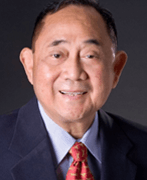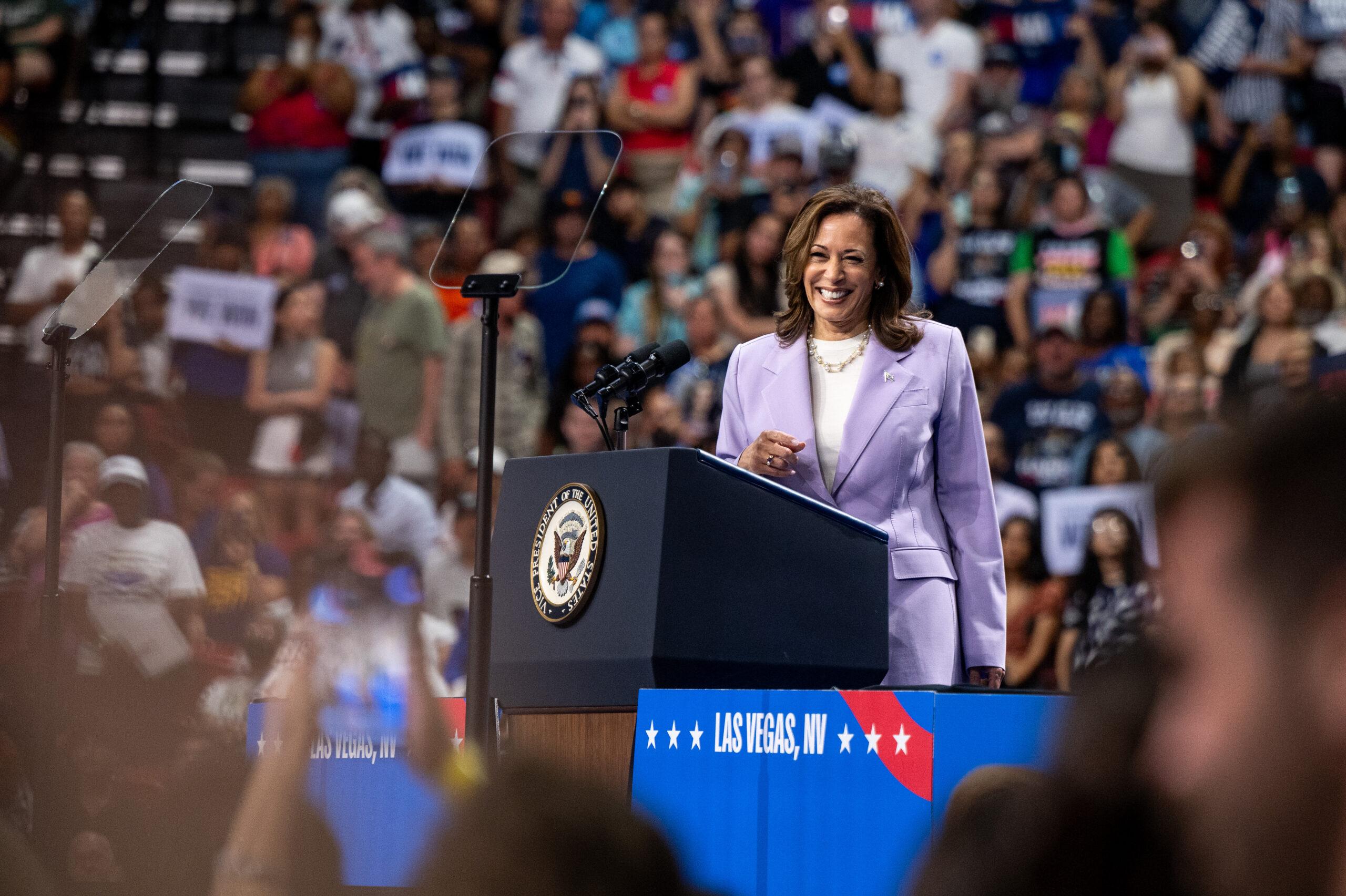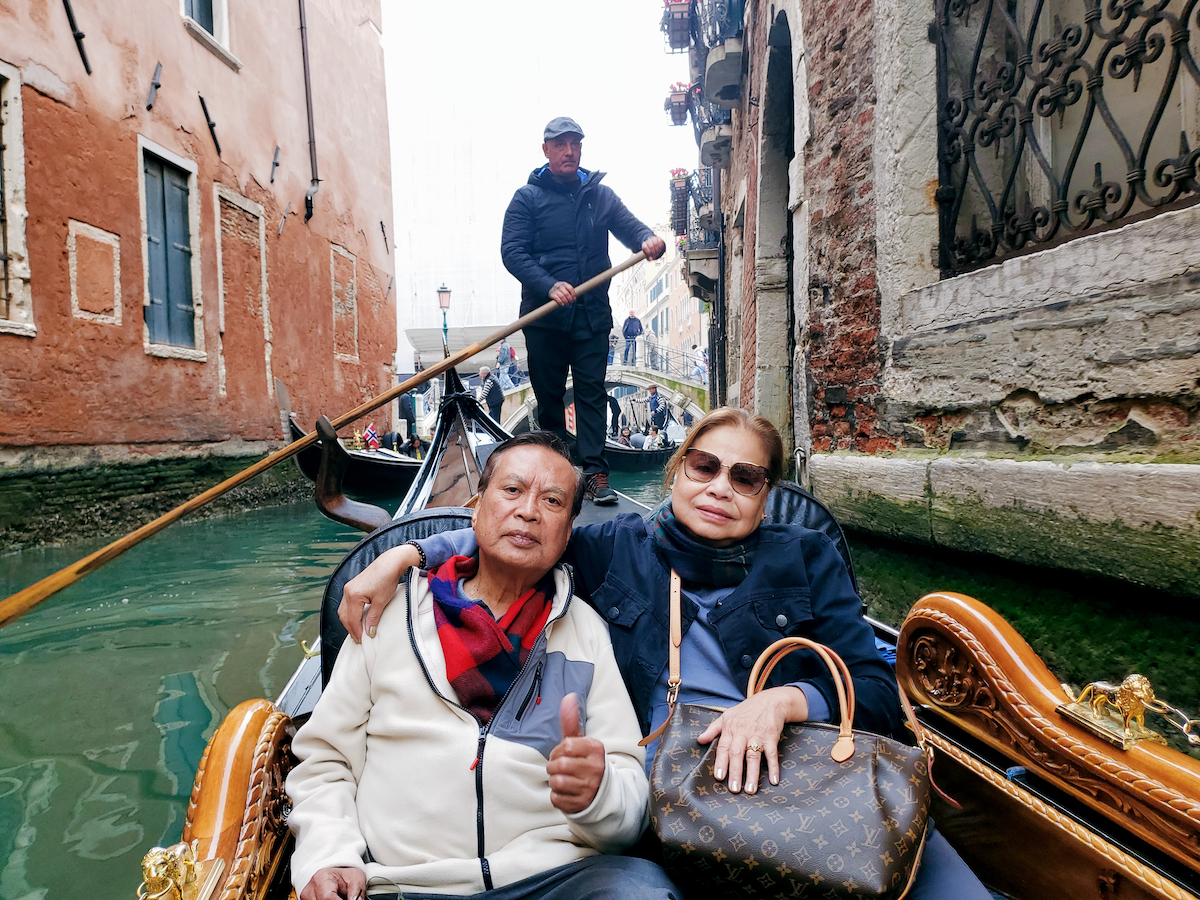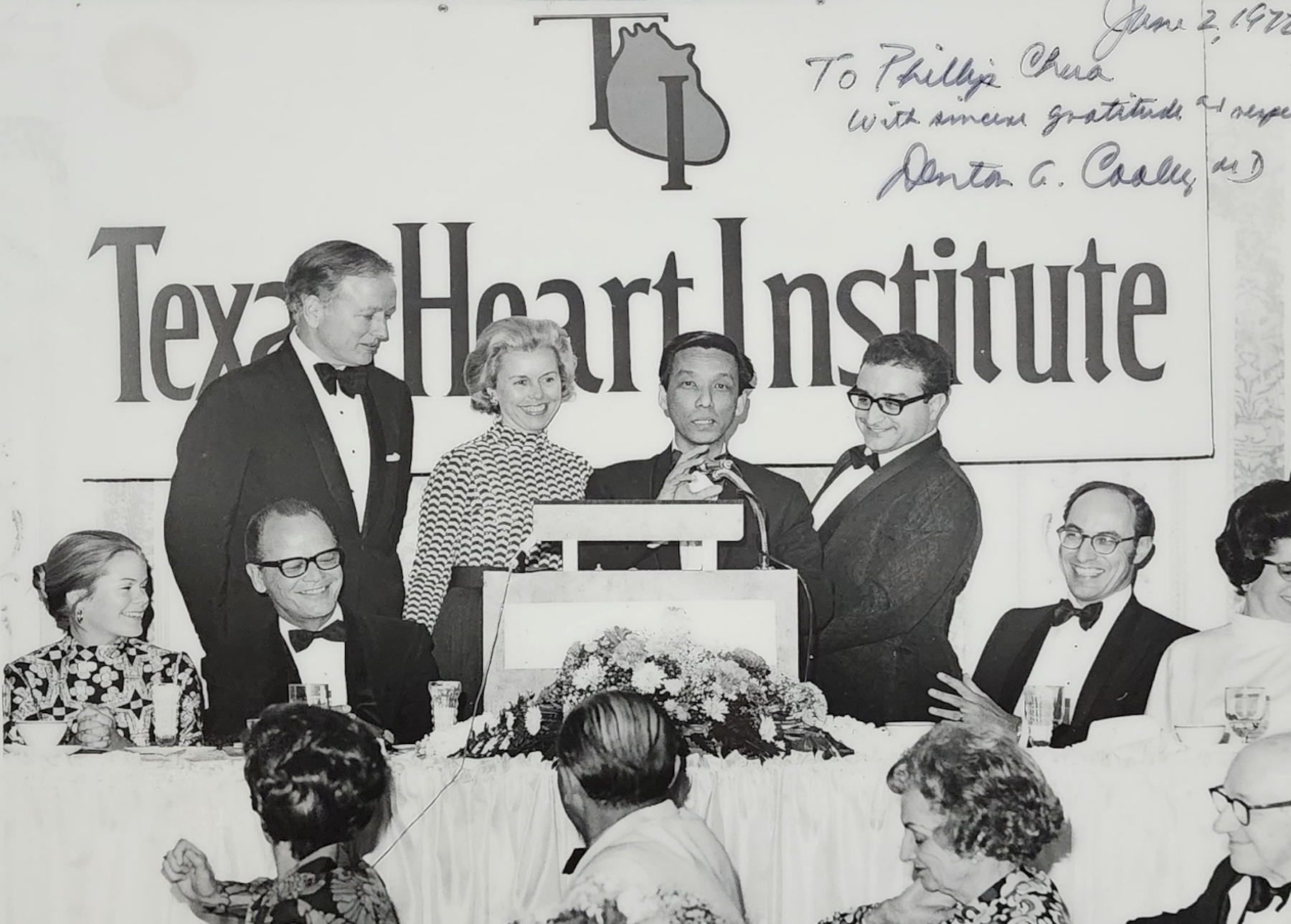(Part 1 of 2)
We had a three-week gruelling journey for an 81-year-old through Southeast Asia (Cambodia), South Asia (Nepal), and the Middle East (Iran and Qatar), with about two-hour stop-overs in airports in Bangkok, Doha, and Ho Chi Minh (formerly Saigon).
We were joined on the last leg by wife, Gina (former President of the Congressional Women’s Association), to serve as international observers to monitor the Cambodian parliamentary elections and a visit with the seriously injured (from a car accident) former Premier-Prince Norodom Ranariddh of Cambodia, older half-brother of the current younger King Norodom Sihamoni, both sons of the legendary King, our late friend Norodom Sihanouk.
The tentative Cambodian election results indicate a major win for Prime Minister Hun Sen’s ruling Cambodian People’s Party (CPP). Election observers from Asia, Latin America, and Europe, and a small number from the U.S. said the opposition Cambodia National Rescue Party (CNRP) perhaps made the miscalculation of boycotting the elections when they could have perhaps achieved appreciable results as in the last elections in 2013.
It is uncontested that the long-serving Hun Sen is regarded as a strong leader, responsible for insuring the country’s stability, considering Cambodia’s recent history of a most violent civil war, Vietnamese occupation, and the bloody Khmer Rouge rule which killed more than 2-million Cambodian civilians.
Among international observers who proposed economic diversification and more political inclusion in Cambodia were Nepal’s former Premier Madhav Nepal, former Minister Ek Nath Dhakal, former Iran Vice-President and Energy Minister Hassan Ghafoori Fard, former Minister, now in the Thai opposition and current Vice-Chairman of the Asia-Europe Political Forum, Dr. Nalinee Taveesin, Turkey civil society leader Ms. Gozde Dizdar, Indonesian former Parliament Speaker Agung Laksono, former Air Marshal Pieter Wattimena, Parliamentarian Yasril Ananta Baharuddin, and Indian ruling party official V.J. Jolly.
Nonetheless, we in the International Conference of Asian Political Parties (ICAPP), composed of more than 300 ruling, opposition, and independent parties in Asia and officials of the Centrist Democrats International (CDI) based in Belgium, the latter, led by the eminent former Colombian President Andres Pastrana, could only hope that Premier Hun Sen, perhaps in the final term of his rule, could invite elements of the opposition, including those living abroad to come home and join a genuine Government of National Unity.
This will further sustain and enlarge the credible economic and social growth of Cambodia, estimated by the Asian Development Bank at 7.1 percent, among the highest in Asia including the muscular performance in the construction, tourism, agriculture, and garments sectors and the further surprise diversification to electronics and auto parts.
On our first three days in Kathmandu, Nepal, in the Himalayas, at the foothills of Mount Everest, the world’s highest mountain, we had the lucky fortune of conferring at the same time, with our old friends, Nepal’s current two-time Premier K.P. Oli, former Maoist-wing Premier Pushpa Kamal Dahal “Prachanda”, former Marxist-wing Premier Madhav Nepal and former Premier Jhala Nath Khanal, all of whom at one time or another were serious rivals.
We were with American Thomas Walsh, Chairman of the New York-based Universal Peace Federation (UPF), and a director of the Washington Times; Seoul-based Chong Sik Yong, head of UPF Asia, and former Nepal Minister of Peace and Reconstruction Ek Nath Dhakal, who is married to a Filipina, Blessie Dhakal of Zamboanga City. We were also joined by UPF Philippines Chair Julius Malicdem from San Carlos City, Pangasinan, and we were preparing the ground for a global Summit in Nepal on Nov. 21-23, 2018, hopefully to include parliamentarians and civil society leaders from Asia, Africa, Europe, North America, Latin America, and Australiasia.
When it was our turn to speak, we pointed out that Nepal, with its 30-million people, perched between two of the world’s population giants, China and India, each with more than 1.3-billion people, had stolen a march on the Philippines: the Nepalis had actually already brought peace to their land by merging their two quarrelling Marxist and Maoist Communist parties into a single party, while holding the opposition Congress Party at bay; the latter, a close geographic political cousin of the old Gandhi and Nehru-ruled Indian Congress Party of India, and the parties made history and successfully converted Nepal today into a Federal state.
These are also two strategic objectives of the Philippines under President Rodrigo Duterte but we assured the Nepalis that the Filipino people, the first to achieve independence in Asia after World War II, are not far behind and are enroute hopefully to achieving a final peace pact with the Communist New People’s Army, after the signing of two previous partial agreements, and if survey polls improve, in the coming months, a final achievement as well on a Federal system of government.
It is a question really of President Duterte, Vice-President Leni Robredo, the Senate and the House, the heads of the main political parties, the business leaders, civil society, religious leaders, the Muslim-separatist and Communist groups, being invited and meeting together in a grand one-week to two-weeks of meetings at the Summit to endorse and create a people-supported Government of National Unity. Difficult but certainly not impossible. We believe that now, sooner than later is the time to hold and conclude a Summit of great expectations as the next definitely combative presidential elections are still almost four years away.
From Nepal, we moved on to Tehran via Muscat, capital of Oman, and joined our son Jose de Venecia III, and our assistant, former Congress technocrat Aldwin Requejo, for meetings with Iran’s former senior political and Muslim religious leaders: former Parliament Speaker and current senior Muslim religious leader Nategh Nouri; former Foreign Minister, former Ambassador to the United Nations, and current Chairman of the Strategic Council on Foreign Relations Khamal Karazi; former Deputy Speaker and current religious leader Abu Torabi Fard; Deputy Minister and President of the Organization for Investment, Economic and Technical Assistance of Iran Mohammad Khazaei; and Deputy Petroleum Minister for International Affairs and Trade Amir Hossein Zamaninia, who visited Manila with Fard years ago when we then headed the House of Representatives.
(To be continued next week)





